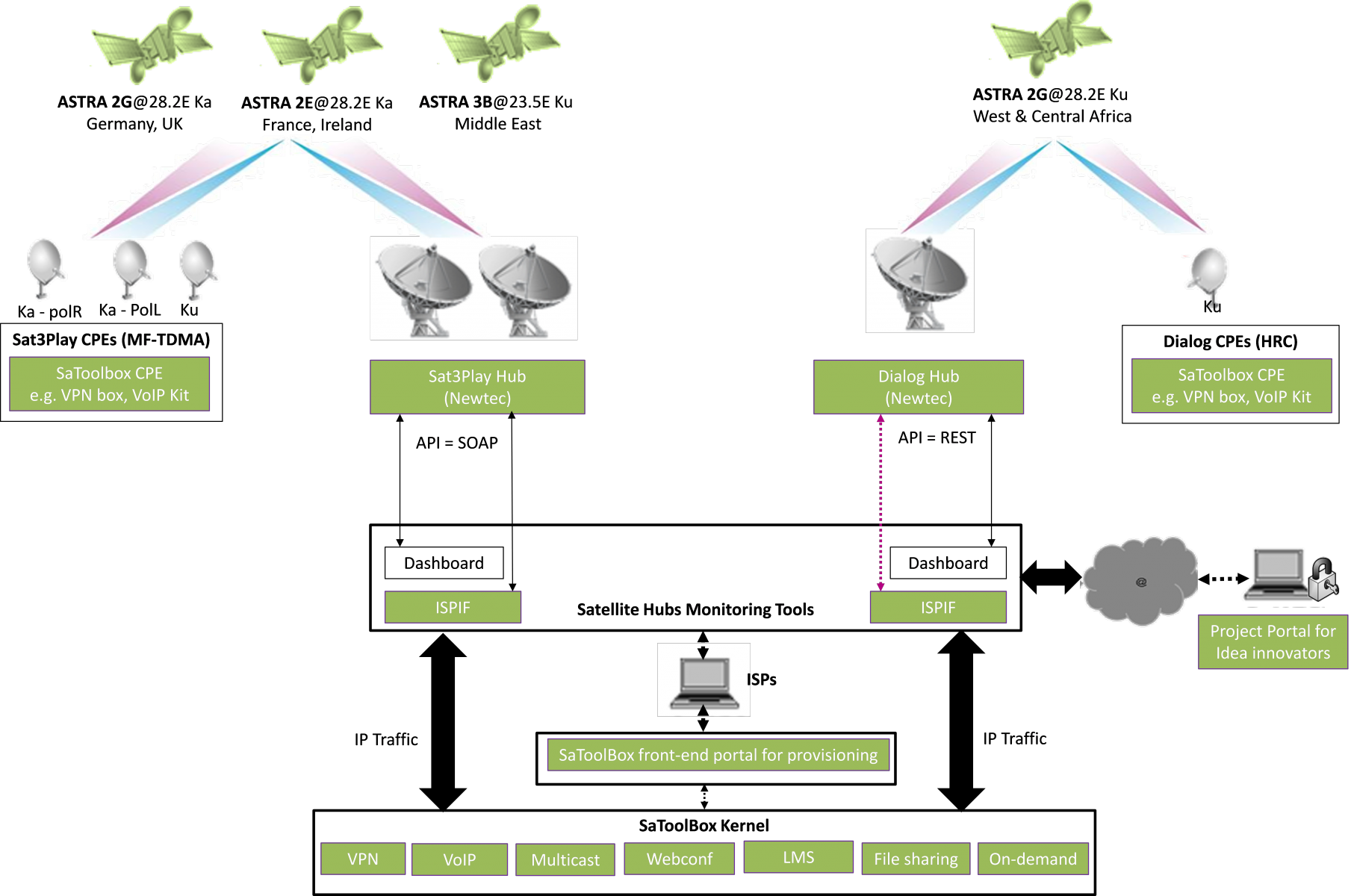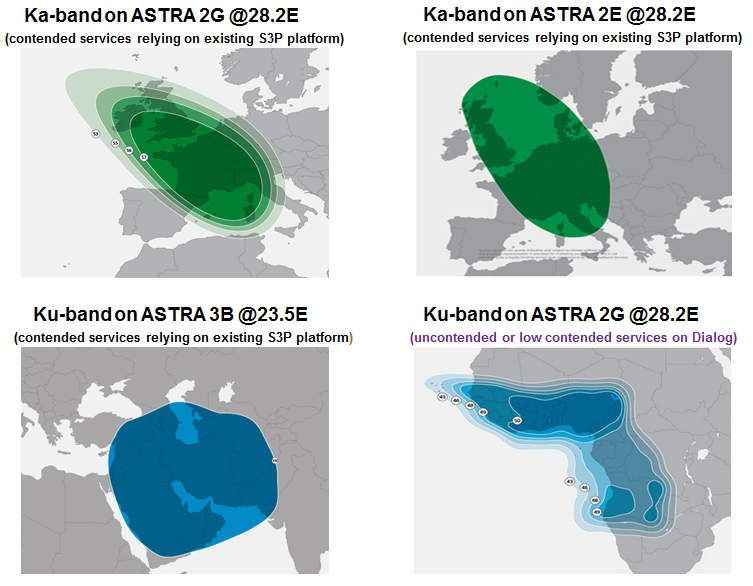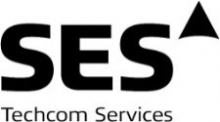
Objectives of the service
The SATLAS project has the following objectives:
- Establish an easy, light and quick methodology to allow innovators to “Start, Integrate and Test” their concepts.
- Provide support to innovators during the whole incubation process:
- starting from the moment an idea is submitted,
- passing through targeted support for the integration of the prototype with satcom through a pilot phase and
- providing with a set of recommendations at the end of the pilot period.
- Develop a satellite-optimised suite of tools called SaToolBox, so the applicants can focus on their core solution rather than re-creating basic functionalities such as Multicast, VoIP or web-conferencing over satellite.
- Offer a wider satellite technology choice and therefore higher flexibility for testing:
- The new Ku-band African Newtec Dialog platform (ideas associated to uncontended or very-low contended bandwidth),
- Sat3Play infrastructure available in Ka-band over Europe and in Ku-band over Middle East (ideas associated with lower bandwidth needs).
Access to the SatADSL Service Delivery Platform for the provision of services tailored to user requirements (dedicated, contended, volume-based, VNOs…) and a set of Value-Added Services (Customer Management Tool, Network Monitoring, automatic payments, hotspots…).
Users and their needs
The target end-users are applicants with innovative ideas, with or without prior experience in space technology that would like to test and further develop their innovative ideas over satellite, to verify their viability from a technical and business model perspective.
The needs that these innovators commonly present are:
- A clear, transparent and easy to follow incubation approach.
- Possibility to test and validate the idea in an economically friendly environment.
- Technical and business support from industry leaders.
- SatCom technical expertise not a pre-requisite.
In order to meet the needs listed in above, adequate support from all the key actors will be provided::
- The satellite operator (SES) role is to guide the innovator to the right choices and the correct solution, provide them with the right tools and support in the test phase of the idea.
- The equipment manufacturer (Newtec) role is to provide innovative solutions, able to support the user needs.
The ISP (SatADSL) role is to provide inputs to the innovators from an ISP perspective and support the in the deployment of the ideas.
Innovators that target the following markets/geographical areas can submit their idea for incubation in SATLAS:
- Europe;
- Middle East;
Sub-Saharan West Africa.
Service/ system concept
Innovative Ideas, with or without technical expertise in SatCom, can apply for incubation in SATLAS through the website (www.satlas.net & www.satlas.lu). The incubation process foresees that the applicants submit a simple form describing the idea/concept that is evaluated by the idea selection committee from the technical and business-case point of view, i.e., the innovative concept, the ability to deliver economic and/or social impact, the value proposition, sustainability of the business model, etc.
Once an Innovative Idea is selected, the SATLAS consortium dimensions it in technical and commercial terms (i.e. bandwidth/Service Level Agreement needed, no. of Customer Premises Equiements, services and manpower effort required, etc.). A pilot phase of duration up to 9 months is then implemented with the tools, support and mentoring provided by the SATLAS consortium.
In the system architecture block diagram is provided in Figure 1.

Figure 1: SATLAS System – High Level Block Diagram
The Innovators will have access, if needed, to the following tools/functionalities:
- SaToolBox front-end: A simple-to-use web interface used by ISPs to order the SaToolBox functionalities for a given Innovator.
- VoIP; VPN; Web-conferencing; Multicast; Learning Management System; File sharing.
- On-demand QoS / Bandwidth: Users will have the possibility to access bandwidth on-demand.
- SatADSL’s service delivery platform (SDP): A Network Monitoring System developed by SatADSL.
Space Added Value
The SATLAS proposition consists of a flexible satellite IP platform composed of the following elements:
- A SaToolBox kernel enabling Value Added Functionalities (VoIP, VPN, etc.) on-top of the satellite broadband connectivity.
- The existing Ku/Ka Sat3Play MF-TDMA infrastructure over EMEA region, complemented with a Dialog platform in Ku-band over Africa. This latter provides enhanced capabilities in the return path (SCPC/Mx-DMA HRC) which are essential to provide uncontended or very-low contended services in an efficient way for the enterprise segment.
- A SatADSL Service Delivery Platform (SDP) allowing the provision of a services that can be tailored to user requirements (dedicated, contended, volume-based, VNOs…) and a set of Value-Added Service (VAS) that have been designed to match African market requirements (Customer Management Tool, Network Monitoring, automatic payments, hotspots…).
The different satellite footprints that will be made available are shown in Figure 2

Figure 2 - Geographical scope of SATLAS
Current Status
The project has been concluded in September 2017. The SATLAS incubator has been successfully deployed and tested, with four out of the five selected ideas graduating successfully. The incubated ideas in the field of Internet of Things, optimized communications, agriculture, tourism, worked with the SATLAS consortium to build up or improve their product, using the resources provided by SATLAS. Pilots where executed in Europe and in Africa. The successful graduates of SATLAS either achieved commercial success during/after the pilots or obtained lessons learned and established collaborations that will allow them to reach their goals. The SATLAS consortium has also been engaged in novel applications and will continue working with some of the graduates beyond the SATLAS contract.
Prime Contractor(s)
Subcontractor(s)





